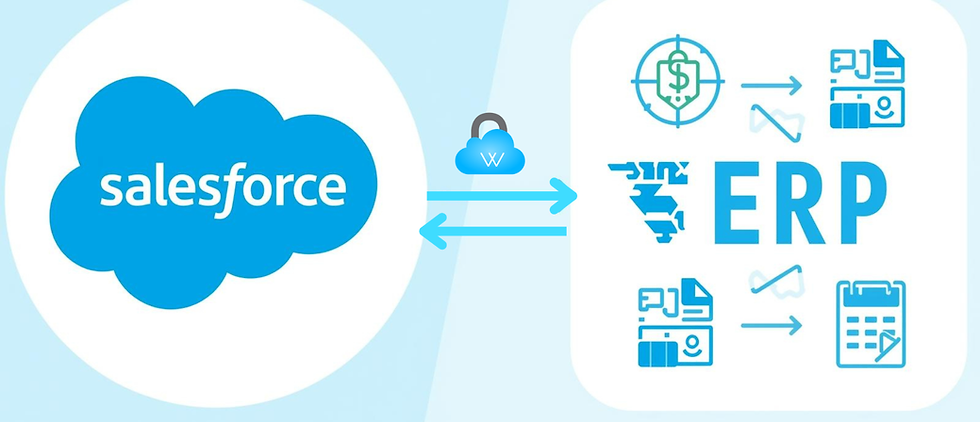Utilizing Salesforce Shield to secure Cloud Data
- Roshan Dash
- Jul 3, 2020
- 2 min read
The current boom in cloud software like Salesforce raises questions on its capability to keep data secure. Can they effectively manage the sudden influx of data without compromising on security?
Fortunately, Salesforce answered this question a few years ago when it introduced Salesforce Shield. If you are a business looking to move your processes to the Salesforce platform, this blog will help understand how the world’s no. 1 CRM platform keeps your customer data safe. Shield was a critical update launched to prioritize the needs of different industries like health and financial services, where access to customer information is heavily regulated.
Salesforce Shield puts forth four main services within its suite: Monitoring capabilities of app and data usage, encrypting of sensitive data, automating security policy checks, and running compliance audits. Shield is the next step to take compliance and governance of your data to the next level.
We list down the main services of Shield that can be customized based on your business use case or for future use of Salesforce.

Event Monitoring
For companies working in industries with frequent audits, Event Monitoring tracks every change made by every user thus providing a detailed and clear picture of employee activities. Traditionally, Salesforce has similar features but with event monitoring, enterprise clients get an extensive option covering all bases.
Transaction Security
This feature works with Event Monitoring to create processes that are dependant on other events as triggers. Salesforce lets use configure its features for e.g. preventing employee access to Salesforce through an unsupported browser, by creating restrictions, triggering notifications etc.
Field Audit Trail
Field audit trail also exists as field history, which is the free version present in Salesforce. Field history can track up to 20 fields and has data retaining capacity of only 18 months. While field audit trail can store up to 10 years of data for up to 60 fields, within every object. This is an exhaustive feature for frequently audited companies.
Platform Encryption
As the name suggests, Salesforce lets you encrypt your data and has extended this feature to files and other unstructured content. These do not tamper with the workflows created and continue to support core functionalities like search and validation rules. Field sizes are not restricted for encryption with Shield.
While classic version of Salesforce provides adequate security, Shield focuses on industries having stronger security measures like the healthcare and finance industry. With its click and drag method, Salesforce makes it very easy to set up shield processes with minimal customization. Its quick set-up being an native app, and extensive security are some of the best features of Shield. If you would like to know more about securing your client data, reach out to Winobell.




Comments